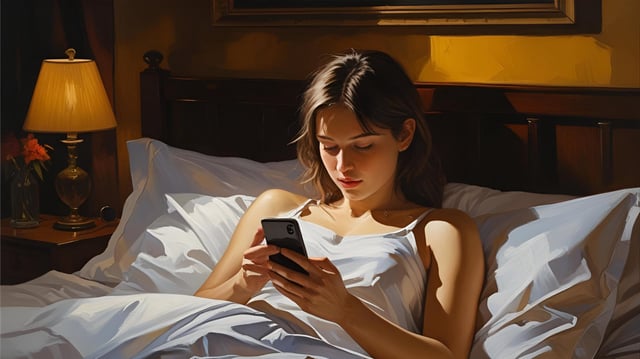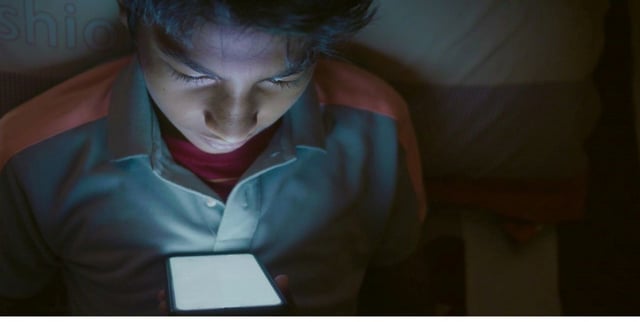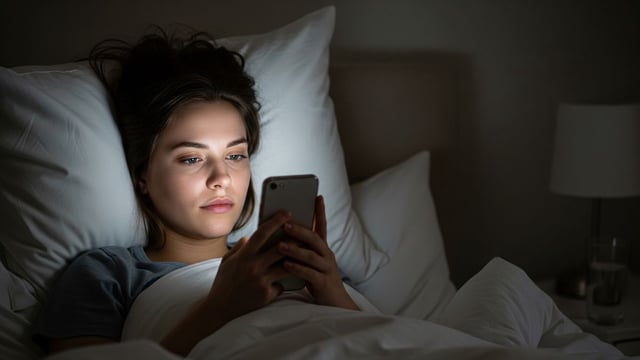Overview
- Recent syntheses question whether screen-emitted blue light alone suppresses melatonin enough to harm sleep.
- Experiments show that device brightness, viewing distance and prior daytime light exposure influence sleep-related hormonal responses.
- Interactive activities like social media, gaming and online shopping more strongly delay bedtime than passive viewing.
- Relaxing or familiar passive content such as TV or reading can sometimes ease the transition to sleep by distracting from negative thoughts.
- Experts now recommend that individuals with sleep difficulties tailor pre-bed screen use based on content and timing rather than rely solely on blue-light filters.


